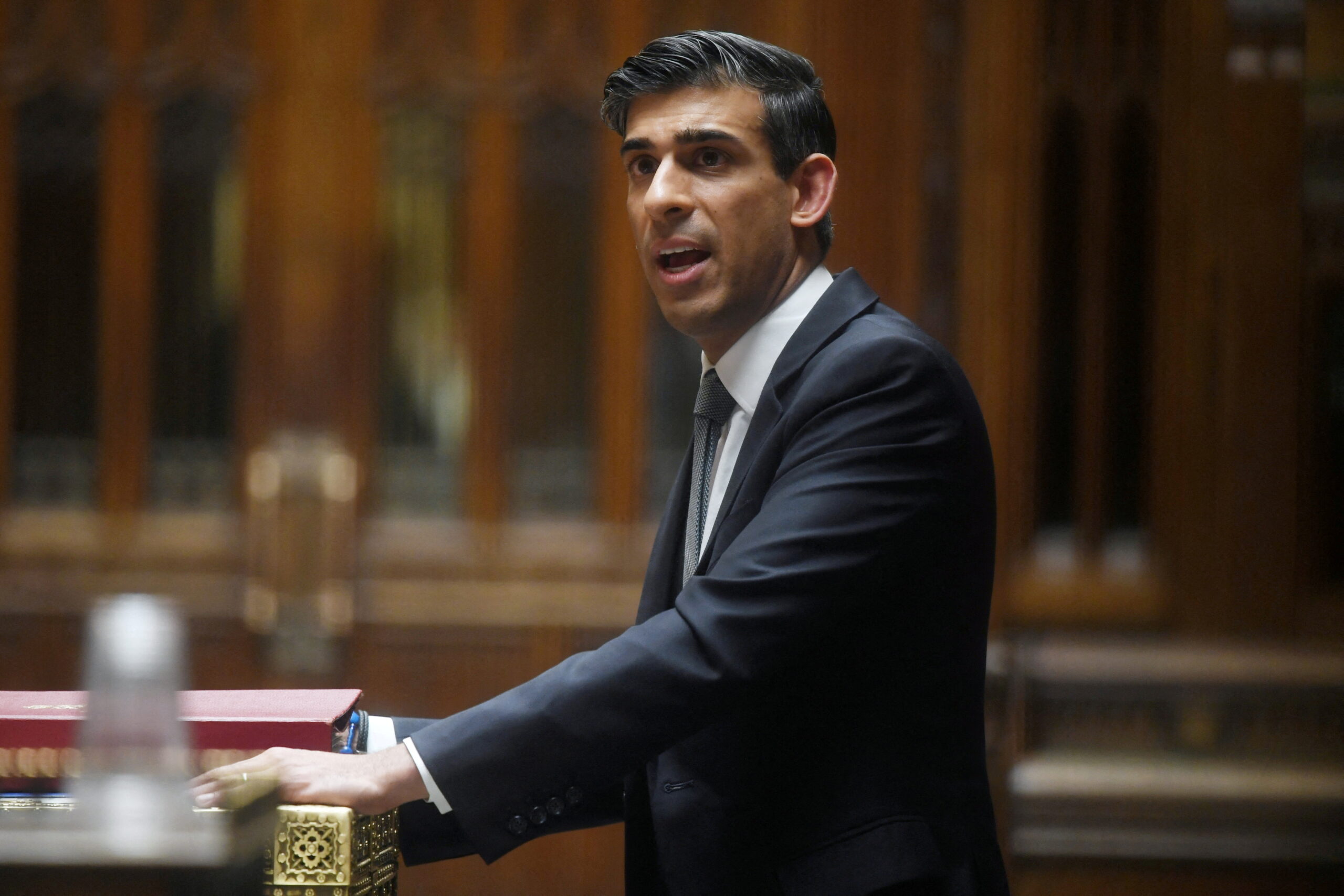Putin Didn’t Create the Cost of Living Crisis
You can’t nail Russia for this one, I'm afraid.
by Ell Folan
24 March 2022

“This is absolutely one of those moments where we’re going to see the cost-of-living crisis driven by war.” Speaking on BBC Radio 4 just after Russia’s invasion of Ukraine, Tory MP Tom Tugendhat wasn’t the only commentator to make this point: findings from experts that sanctions on Russia and rising gas prices would push down UK living standards were reported far and wide. Business Secretary Kwasi Kwarteng told MPs that: “People are willing to endure hardships in solidarity” with Ukraine, whilst GB News’ economics editor argued that “as this conflict escalates, the impact on living standards will be felt here too”.
Yet it would be a mistake to ascribe our cost of living crisis mainly to Russia’s invasion, as many right-wing commentators have done. From rocketing energy costs to taxes, we were facing a cost of living crisis long before Putin ordered his troops across Ukraine’s border.
The most dramatic problem facing British consumers is the massive increase in the cost of energy. In October 2020, the average UK energy bill was £1,042 per year – it is now projected to hit £2,350 per year by October 2022, an eye-watering increase of 126% in two years.
Though the invasion of Ukraine has exacerbated this energy crisis, by leading to sanctions on Russia (a major gas supplier) it was not its initial cause. Instead, the shortage of gas is due to pressure from cold winters, increased demand from other continents, and poor performance by other energy sources.
All of this has hiked domestic energy costs, as Ofgem repeatedly raises its energy price cap in response to multiple energy firms going bust.
Yet whilst the immediate cause of the energy crisis is external, Britain’s lacklustre response is entirely of its own making. While UK energy bills are expected to rise by a further 54% in 2022, across the Channel, consumers face a rise of just 4%. Why? Because French president Emmanuel Macron ordered the country’s state-owned electricity supplier (EDF) to sell power at affordable levels. In Britain, however, the Conservatives sold off British Gas back in the 1980s, leaving consumers entirely subject to the free market. Since then, both New Labour and the Conservatives have left Britain’s ownership of energy entirely in private hands despite mass public support for nationalisation. Yet the government could still have provided subsidies or tax cuts to energy firms (as in Spain) or given direct support to consumers (as in Greece). It has done neither.
In the longer term, the Conservatives have held back our ability to reduce dependence upon energy imports by repeatedly cutting subsidies for solar power and renewables. In June 2019, new solar panel installations fell by 94% after a subsidy scheme was scrapped; onshore wind farm construction declined dramatically following similar cuts; and after cuts to insulation schemes, the number of homes receiving energy-efficiency improvements plummeted, from over 2 million in 2012 to just 65,000 in 2019.
The immediate effect of these policies has been to reduce the expansion of renewables to a slow crawl, make it harder for consumers to be energy efficient (which would have helped them save money) and leave us more dependent upon imports of gas from Russia – the very exports now causing bills to rise through the roof. The disastrous impact of this short-sighted approach is now all around us.
But the Conservatives have also exacerbated the crisis through their action, not just through their inaction. Even as households face a squeeze on their incomes, the Tories have decided to raise taxes. First, they have increased National Insurance to its highest ever level, in a move that will cost the average worker £250 a year. Second, they intend to scrap their temporary reduction in VAT, resulting in a sudden rise of 60% in April.
But Britons’ tax bills have also risen due to long-term Tory policies, specifically austerity. Over the past decade, the Tories have reduced central funding for local government, leading many councils to dramatically increase council tax to make up for the shortfall. This has worsened in recent years: in real terms, the average council tax bill is now 13.1% higher than it was even five years ago.
Given all of these tax and price rises, you’d hope that people’s incomes would be keeping pace. Of course, we know they aren’t: real average weekly wages in 2021 were lower than they were in 2007.
This has been ascribed to a lack of investment in productivity by firms, the effects of austerity, and the declining power of trade unions. Whilst the first factor is not directly in the control of the government, the latter two are. The Conservative party curtailed the power of unions in the 1980s, and New Labour declined to restore that power. The Tories then further curtailed trade union power in the 2010s, at the same time as imposing a programme of huge spending cuts.
From high prices to even higher taxes and low wages, the cost of living crisis has been fomented by successive UK governments. Both the Conservatives and New Labour championed privatisation, weakened trade unions and championed austerity – and now we are paying the price.
Ell Folan is the founder of Stats for Lefties.


